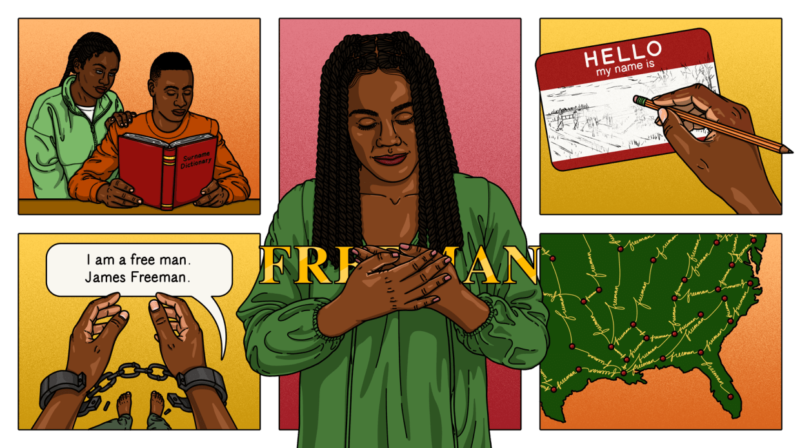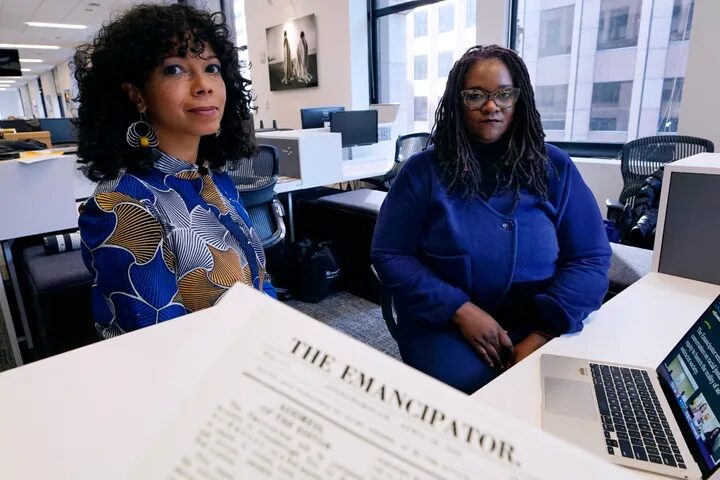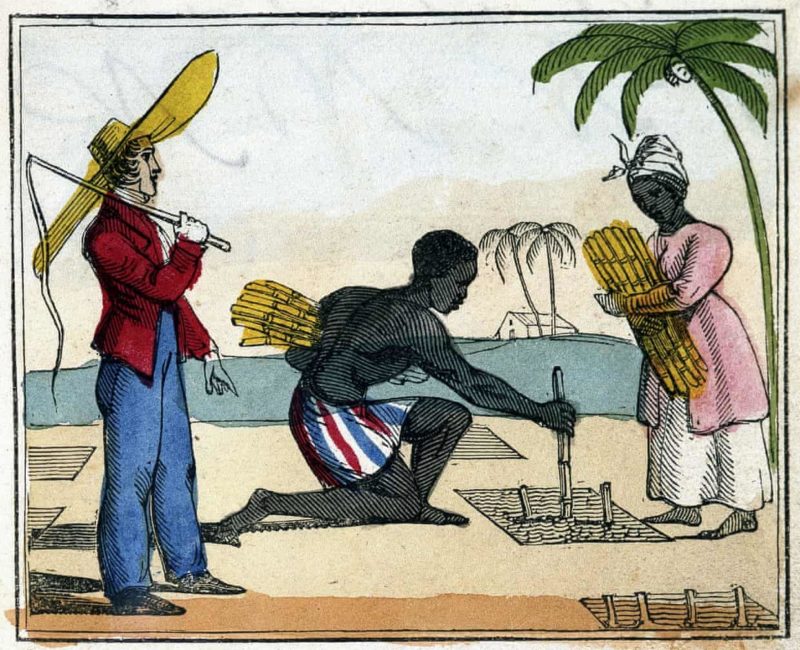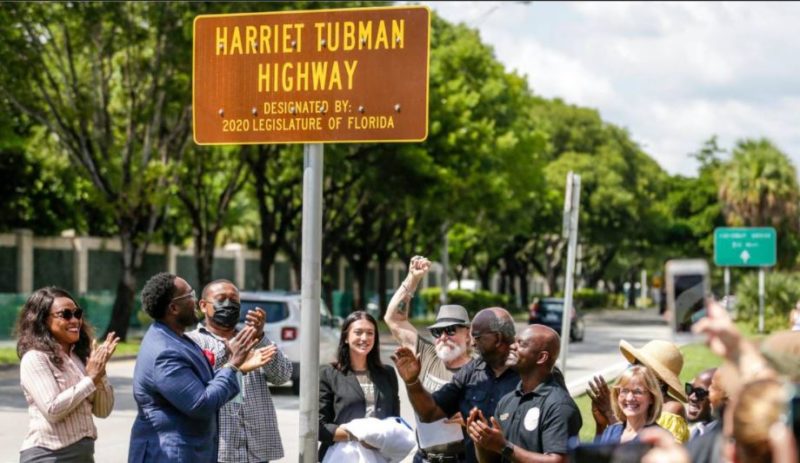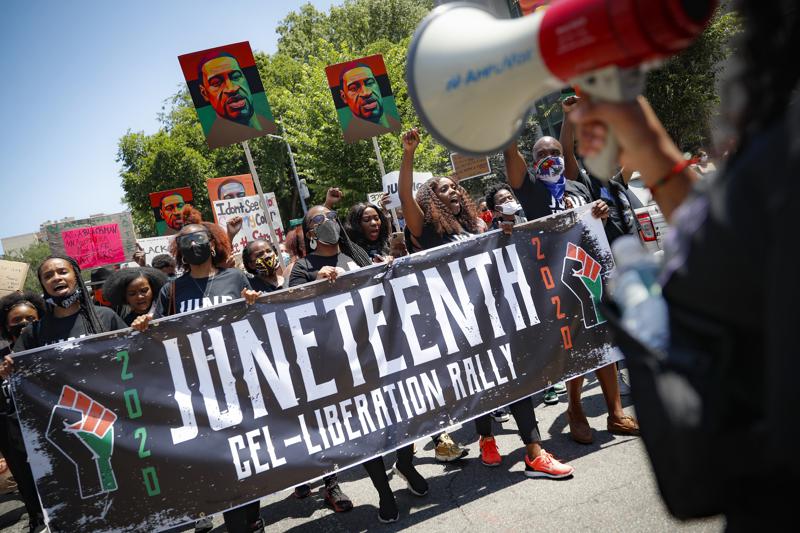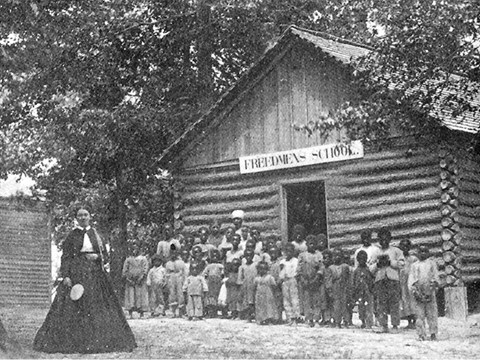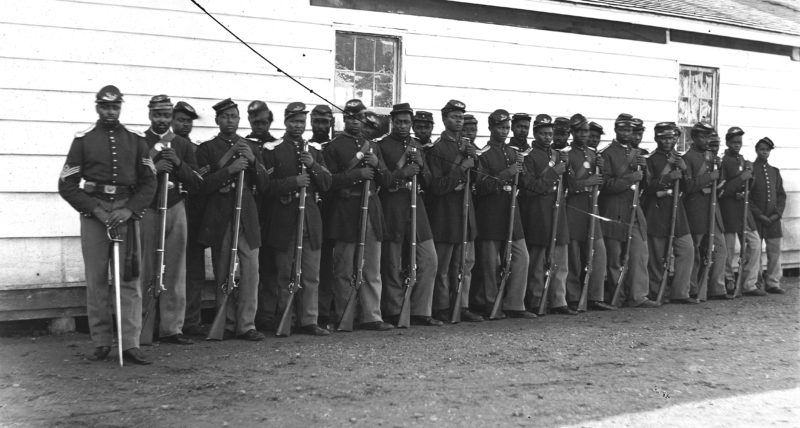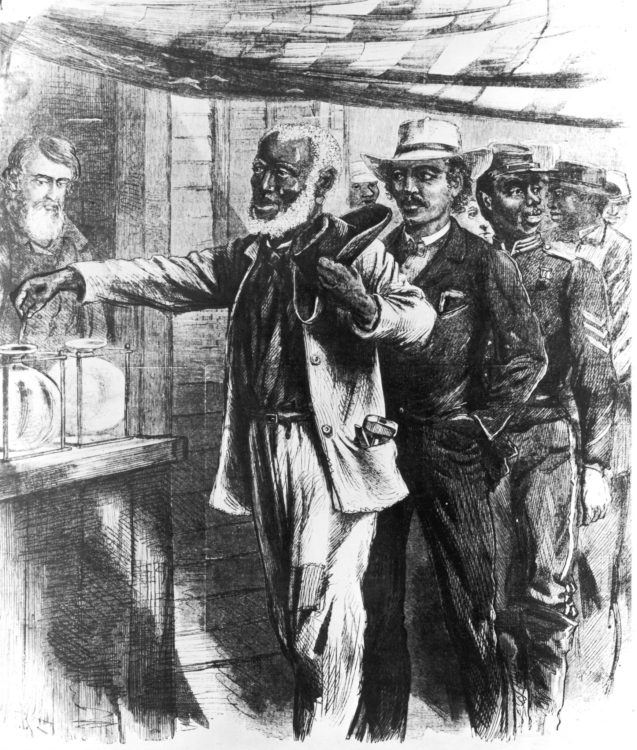Posts Tagged ‘abolition’
Many African American last names hold weight of Black history
Black Americans know names hold power, which is why many took care choosing new names after they were free from enslavement. Many of their descendants still bear those names.
Read MoreAmerica’s First Abolitionist Newspaper Is Being Revived
America’s first newspaper dedicated to advocating for the end of slavery is being resurrected and reimagined more than two centuries later as the nation continues to grapple with its legacy of racism.
Read MoreEighty years late: groundbreaking work on slave economy is finally published in UK?
In 1938, a brilliant young Black scholar at Oxford University wrote a thesis on the economic history of British empire and challenged a claim about slavery that had been defining Britain’s role in the world for more than a century.Slavery, Williams argues, was abolished in much of the British empire in 1833 because doing so at that time was in Britain’s economic self-interest – not because the British suddenly discovered a conscience.“ The capitalists had first encouraged West Indian slavery and then helped to destroy it,” he writes.
Read More‘We Can Not Forget’: Miami-Dade County Renames ‘Dixie Highway’ to Honor Harriet Tubman
The Harriet Tubman Highway in South Florida has been unveiled after many county workers and a very determined teenager called for the removal of the road’s previous problematic “Dixie Highway” title.
Read MoreSpecial News Series: Rising Up for Justice! – Congress approves bill to make Juneteenth a federal holiday
The United States will soon have a new federal holiday commemorating the end of slavery. The House voted 415-14 Wednesday to make Juneteenth, or June 19th, the 12th federal holiday.
Read MoreFrom the first March on Washington to today, images of Black suffering reveal America’s painful truths
A long history of the Civil Rights movement in America is documented with pride and 60 year old call to action.
Read MoreInternalizing White Supremacy: What We Can Learn From Liberia
The country of Liberia has an interesting history that has insitutional parallels with the United States in terms of institutional racism. The impact of white supremacy on African-American culture is shown through Liberia’s history of ethnic suppression.
Read MoreFounding the New Free Black Community
Millions of freed Black Americans built their own communities across the South post-Civil War. They worked to establish a life of freedom and prosperity for themselves and future generations. Schooling, church, and family were important pillars of community-building. They meant to enjoy their freedom to live with family, unite in marriage, raise children, worship in the open, and educate the next generation.
Read MoreHow African Americans Changed the Meaning of the Civil War
Actions by Black folk changed the meaning of the Civil War, turning it from a war to preserve a white government into a war to destroy the institution of slavery.
Read MoreThe Lost Promise of Reconstruction
Eric Foner draws parallels between our tense political climate and the end of the Reconstruction Age, overviewing the backward steps our country has taken as we move further from the promises of Reconstruction.
Read More